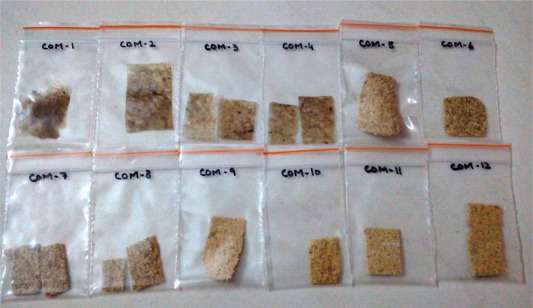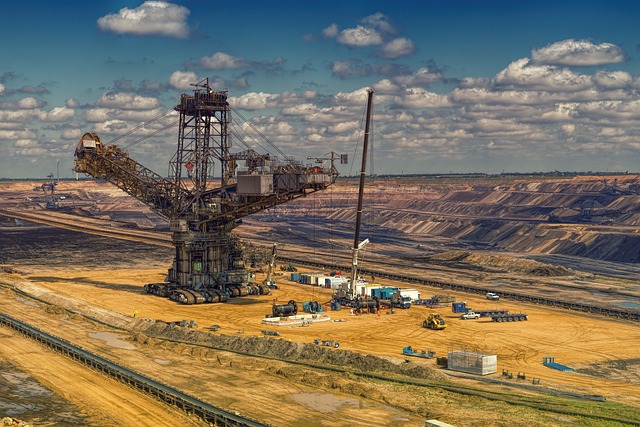- Published research highlighted the production of starch-based bioplastic by making use of biodegradable sources.
- Two plasticizers -Glycerol and Sorbitol- were used in the production process of biosample.
- The physical and chemical properties of produced bioplastic were analyzed using different methodologies.
- The use of biodegradable material has made bioplastic a favorable alternative to conventional plastics.
For detailed information about plastic pollution, read: What is Plastic Pollution? – Sources, Effects and Solutions.
Introduction
We are surrounded by plastics. The environmental problem associate with plastic is that it doesn’t break down naturally. It can stay in nature especially causing marine pollution.
According to researches, 8.3 billion tons of plastics have been generated all around the world. There is a presence of almost 6.3 thousand metric tons of plastic waste. Recycling was carried out for only 9% of total plastic waste. There are practices of burning plastics that too cause environmental pollution. Till now, 12 % of plastic waste was incinerated. And in near future, there would be huge piles of plastic waste everywhere on the Earth.
Check out: Non-Recyclable Multi-Layer Plastic MLP Uses and Alternatives
Environmental Effects of Plastics
There are negative environmental impacts associated with plastic. Because they are non-degradable they impose a great threat to marine biodiversity. Terrestrial animals are also not safe from plastic waste. Toxic chemicals are being released into air, water, and soil due to plastic accumulation on land.
Also check out: The Impacts of Microplastic Pollution on the Environment
Biodegradable sources
Biodegradable sources include food waste, green waste, waste from fauna, etc. These are cheap sources that can be used for the production of bioplastic.
Research Summary – Production of Biodegradable Bioplastics
A young emerging and enthusiastic researcher from Pakistan synthesized starch-based bioplastic from plant-based ingredients.
According to published research, biodegradable materials such as banana peel, cornstarch, and rice starch were utilized in the synthesis of biosamples. Two categories of biodegradable plastic were produced. Plasticizers and fillers were also used in the production process.
The physical and chemical properties involving tensile strength, water absorption, moisture content, water and alcohol solubility, biodegradation in soil, were examined during the research.
The research included 24 biosamples. FTIR analysis was performed on samples for evaluation of results. Environmental friendly sources were used for the production of bioplastic.
Also check out: Plastic Crisis: An Emerging Threat to Mountain Ecosystem
Conclusion
The research concluded that the use of biodegradable material has made bioplastic a favorable alternative to conventional plastic. Bioplastic is biodegradable and can tackle the environmental issue linked with non-degradable plastic.
Recommendation
The study recommended that the large scale production of bioplastics could be possible by utilizing numerous renewable organic sources. Different categories of material needed to be studied for the cheap availability of bioplastics.
The government has already put a ban on the production of plastic, but at the national level biodegradable plastic should be made available to the public just like conventional plastic.
You may also want to read: How Pakistan Is Handling Plastic Waste and Pollution?
I hope you all liked this post! Please comment below if you have any suggestions, comments, or feedback! We at #envpk love hearing from our readers! Thanks!





2 Comments
AoA, very well written article, please continue further research on if any pilot scale production is done by any one in pakistan on this as an alternate to fossil fuel based plastic.
Ws. Thank you, as far as we know no one is producing bioplastics in Pakistan on a commercial scale – this may be due to the fact that bioplastic production is not very economical when compared to conventional plastics.